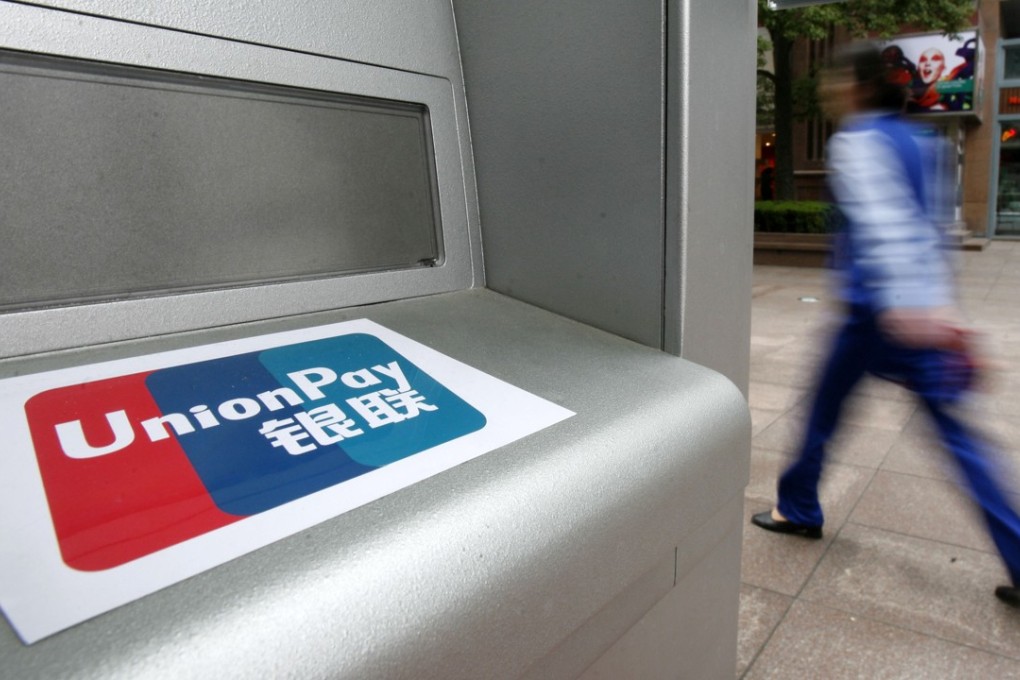Exclusive | UnionPay charts new course into Europe as President Xi witnesses its partnership with Portuguese bank BCP
- Millennium BCP, Portugal’s biggest listed lender, is 27 per cent owned by mainland China conglomerate Fosun International
- Companies including Huawei also expected at signing ceremony where a clutch of deals will be signed

China UnionPay, the world’s largest issuer of bank cards, will on Wednesday take a concrete step towards tapping the European market through a tie-up with Millennium BCP, Portugal’s biggest listed lender, as a trade war with the United States drives Chinese financial institutions to look to Europe for growth.
UnionPay, also mainland China’s dominant bank card clearing service, is expected to sign a pact with the Portuguese lender, which will be witnessed by Chinese President Xi Jinping, who is on a state visit to the European country.
China’s UnionPay plans global expansion of QR code e-payments in battle with Alipay and Tenpay
The signing will enable UnionPay to accelerate its expansion across the globe, with BCP becoming the first European bank to issue bank and credit cards using the Chinese company’s electronic payments clearing system, according to two people with knowledge of the deal.
UnionPay would not comment on the signing.
The partnership between UnionPay and BCP, which is 27 per cent owned by mainland China conglomerate Fosun International, is expected to lead to more Chinese financial institutions flocking to European Union countries such as Spain and Portugal for growth opportunities.
“A first European Union member to issue UnionPay cards is of great significance to the Chinese clearing company amid its internationalisation campaign,” said Ding Haifeng, a consultant with Shanghai-based Integrity Financial Consulting. “Europe appears to be the primary choice for Chinese institutions to expand abroad as they grapple with barriers in the US.”
UnionPay has issued more than 100 million cards outside mainland China, which can be used in the company’s overseas network that covers more than 23 million merchants in 170 markets.